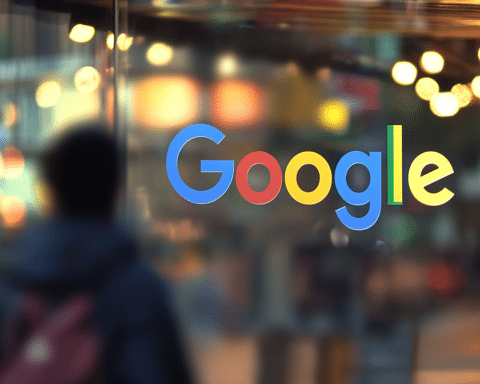In a bold move by European Union (EU) regulators, Google has been hit with fresh antitrust charges, with officials asserting that the only way to address competition concerns surrounding its lucrative digital ad business is through a breakup.
This unprecedented call for a breakup represents a significant escalation in Brussels’ crackdown on Silicon Valley giants. As the EU takes a strong stance against Big Tech, this marks the first time a tech giant has been instructed to split up key parts of its business due to violations of the bloc’s strict antitrust laws.
The EU’s Preliminary View and Investigation
The European Commission, the executive branch and top antitrust enforcer of the 27-nation bloc, has preliminarily concluded that Google’s compliance with competition concerns necessitates the mandatory divestment of certain parts of its services.
This determination arises from an investigation launched in June 2021 to examine potential violations of EU competition rules, specifically regarding Google’s alleged favoritism of its own online display advertising technology services over rival publishers, advertisers, and advertising technology services.
Google’s Dominance and Alleged Abuses
European Commission Vice President Margrethe Vestager highlights that Google holds a dominant position on both sides of the ad-selling market. The commission claims that Google exploited this position by favoring its own ad exchange, thereby reinforcing its ability to charge exorbitant fees for its services.
Vestager emphasized the inherent and pervasive conflicts of interest arising from Google’s dual representation of buyers and sellers, as well as its control over the rules governing supply and demand in the market.
The Implications and Google’s Response
While details of the potential breakup remain unclear following the preliminary finding, Google now has the opportunity to defend itself before the commission finalizes its decision. The tech giant expressed disagreement with the EU’s decision, asserting that the investigation focused on only a narrow aspect of its ad business.
Google emphasized the value its advertising technology tools bring to websites, apps, and businesses of all sizes, enabling effective customer outreach in a highly competitive sector.
Global Scrutiny and Legal Challenges
This latest antitrust charge adds to the mounting global scrutiny surrounding Google’s ad tech business. Britain’s antitrust watchdog is independently investigating Google’s ad tech practices, while the company also faces litigation in the United States.
These parallel efforts demonstrate the international concern regarding Google’s market dominance and potential anticompetitive behavior.
Previous Fines and Revenue Impact
Over the years, the EU has levied substantial fines against Google, amounting to more than €8 billion ($8.6 billion) in three separate antitrust cases involving its Android mobile operating system, shopping services, and search advertising.
Despite these penalties, Google has appealed all three decisions. Notably, EU regulators possess the authority to impose fines of up to 10% of a company’s annual revenue.
In the first quarter of this year, Google recorded $54.5 billion in ad sales, while YouTube generated nearly $6.7 billion in ad sales. However, these figures reflect a back-to-back slump in revenue for the tech giant.
A Landmark Decision with Global Implications
The EU’s call for the breakup of Google’s digital ad business is an unprecedented move that demonstrates the bloc’s commitment to tackling antitrust concerns and curbing the power of Silicon Valley giants.
As the investigation proceeds and Google defends its position, the outcome will have significant implications for the future of competition in the digital advertising landscape.
This case underscores the increasing global scrutiny faced by Big Tech companies, highlighting the importance of fair market practices and ensuring a level playing field for all participants in the digital economy.




